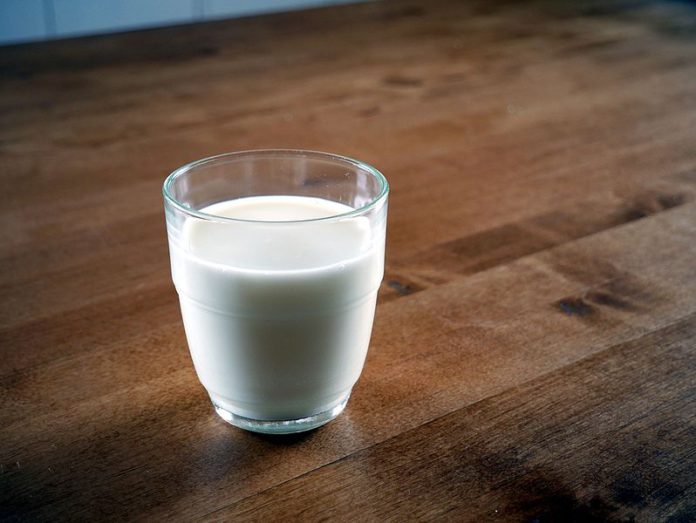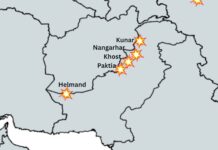New Delhi (NVI): Demolishing the perception of large-scale milk adulteration in India, a national survey has found that it is largely safe for consumption in the country.
The ‘National Milk Safety and Quality Survey 2018’, conducted by Food Safety and Standards Authority of India (FSSAI), has found that overall, above 93% of the samples that is 5976 (out of 6,432) samples were found to be absolutely safe for human consumption.
Only 12 out of 6,432 samples of milk were adulterated (with urea, sugar, maltodextrin, etc). Three categories of contaminants (aflatoxin M1, antibiotics, and pesticides) were evaluated in the survey.
These milk samples were subjected to tests for quality and safety. Quality tests included those for fat and Solids-Not-Fat (SNF). Safety was evaluated based on the presence of adulterants and contaminants.
Six samples were found adulterated with hydrogen peroxide, three with detergents, two with urea and one sample was found to have neutralizers. No samples were found with boric acid and nitrates, the other two possible adulterants, survey said.
According to the survey, out of 12 adulterated samples, nine were in Telangana, two from Madhya Pradesh and one from Kerala.
Although some issues of concern still persist, the finding dispel widespread perception that liquid milk in the country is largely adulterated.
However, a major finding in the survey was presence of Aflatoxin M1 residues beyond permissible limits in 368 (out of 6,432) samples, that is 5.7% of the samples.
This is the first time that such a detailed survey of presence of Aflatoxin M1 in milk has been done in the country.
Amongst the top three States with highest levels of Aflatoxin M1 residues are Tamil Nadu (88 out of 551 samples), Delhi (38 out of 262 samples) and Kerala 37 out of 187 samples).
This problem is more dominant in processed milk rather than raw milk.
The survey further showed that 77 (out of 6,432) samples, that 1.2 % of the samples had residues of antibiotics above the permissible limits.
Amongst the top three States with highest levels of Antibiotics residues are Madhya Pradesh (23 out of 335 samples), Maharashtra (9 out of 678 samples) and UP (8 out of 729 samples).
Only one raw milk sample in Kerala was found to contain pesticide residue above the permissible level.
This is the first time that a quantitative analysis of all samples that failed on account of adulterants and contaminants has been done.
This Milk Survey was conducted from May, 2018 to October 2018 covering all States and UTs with the objective of monitoring safety and quality of liquid milk in the country.
A total of 6,432 samples of milk were collected from 1,103 towns/cities with population above 50,000, representing both organized (retailers and processors) as well as non-organized (local dairy farms, milk vendors and milk mandis) sectors.
-sb











